Free Will and Consciousness
Free Will and Consciousness
A Determinist Account of the Illusion of Free Will
Gregg D. Caruso
LEXINGTON BOOKS
Lanham Boulder New York Toronto Plymouth, UK
Published by Lexington Books
A wholly owned subsidiary of The Rowman & Littlefield Publishing Group, Inc.
4501 Forbes Boulevard, Suite 200, Lanham, Maryland 20706
www.rowman.com
10 Thornbury Road, Plymouth PL6 7PP, United Kingdom
Copyright 2012 by Lexington Books
All rights reserved. No part of this book may be reproduced in any form or by any electronic or mechanical means, including information storage and retrieval systems, without written permission from the publisher, except by a reviewer who may quote passages in a review.
British Library Cataloguing in Publication Information Available
Library of Congress Cataloging-in-Publication Data
Caruso, Gregg D.
Free will and consciousness : a determinist account of the illusion of free will / Gregg D. Caruso.
p. cm.
Includes bibliographical references and index.
ISBN 978-0-7391-7136-3 (cloth : alk. paper) -- ISBN 978-0-7391-7137-0 (electronic)
1. Free will and determinism. 2. Consciousness. 3. Phenomenology. I. Title.
BJ1461.C37 2012
123'.5--dc23
2011053220

The paper used in this publication meets the minimum requirements of American National Standard for Information Sciences Permanence of Paper for Printed Library Materials, ANSI/NISO Z39.48-1992.
Printed in the United States of America
For Elaini and Maya
Contents
Acknowledgments
| 1 | The Problem of Free Will: A Brief Introduction and Outline of Position |
1.1 Hard-Enough Determinism and the Illusion of Free Will
1.2 Freedom and Determinism: Defining the Problem
1.3 A Word About Moral Responsibility
Notes
2.1 Agent-Causal Accounts of Free Will
2.2 The Problem of Mental Causation
2.3 Naturalized Libertarianism: Is Anyone Up For a Role of the Dice?
Notes
3.1 Compatibilism and the Consequence Argument
3.2 The Folk Psychology of Free Will
3.3 The Phenomenology of Freedom
Notes
| 4 | Consciousness and Free Will (I): Automaticity and the Adaptive Unconscious |
4.1 Is Consciousness Necessary for Free Will?
4.2 Automaticity and the Adaptive Unconscious
4.3 The Unbearable Automaticity of Being
4.4 Implications for Free Will
Notes
| 5 | Consciousness and Free Will (II): Transparency, Infallibility, and the Higher-Order Thought Theory |
5.1 Consciousness and Freedom: The Introspective Argument for Free Will
5.2 Two Concepts of Consciousness
5.3 The Higher-Order Thought (HOT) Theory of Consciousness
5.4 Misrepresentation and Confabulation
5.5 What the HOT Theory Tells Us About Free Will
5.6 On the Function of Consciousness
Notes
| 6 | Consciousness and Free Will (III): Intentional States, Spontaneity, and Action Initiation |
6.1 The Apparent Spontaneity of Intentional States
6.2 The Asymmetry Between Intentional States and Sensory States
6.3 Do Our Conscious Intentions Cause Our Actions?
6.4 Libets Findings and the HOT Theory
6.5 Explaining the Phenomenological Illusion
6.6 Wegners Theory of Apparent Mental Causation
Notes
| 7 | Consciousness and Free Will (IV): Self-Consciousness and Our Sense of Agency |
7.1 When Self-Consciousness Breaks Down
7.2 Self-Consciousness and Higher-Order Thoughts
7.3 Errors of Identification, Thought Insertion, and the HOT Theory
7.4 Accounting for Our Sense of Agency
7.5 Conclusion
Notes
Works Cited
Index
About the Author
Acknowledgments
I began thinking seriously about issues related to free will and consciousness while completing my graduate work in philosophy at the City University of New York. This book represents the culmination of that thinking and is a revision of the dissertation I submitted for my PhD. As a result, Free Will and Consciousness has benefited greatly from the vetting it first received from my thesis committee. I am extremely grateful to Michael Levin, David Rosenthal, John Greenwood, Steven Cahn, and Peter Simpson for their expert guidance and support. I am especially indebted to Michael Levin, my dissertation advisor. Michael is the consummate philosopher and his sustained encouragement, open mind, and always insightful feedback greatly improved this book. David Rosenthal also deserves special recognition for his instrumental role in shaping my philosophical thinking. David is a gifted teacher and philosopher and I benefited greatly from my time under his supervision. Thanks are also due to Steven Cahn for contacting Lexington Books on my behalf and encouraging me to turn the dissertation into a book.
Since no philosophical work is ever solely the product of a single individual, I would also like to thank a number of friends, family members, and colleagues. Special thanks to Josh Weisberg, Liz Vlahos, Andrew Hathaway, Jesse Hathaway, Rick Repetti, Bana Bashour, Robert Talisse, Mark McEvoy, Maureen Eckert, Richard Brown, Pete Mandik, Roblin Meeks, Fritz McDonald, Daniel Leafe, and Jarred Blanck for their many helpful conversations over the years. My participation in the CUNY Cognitive Science Symposium and Discussion Group was instrumental in shaping my thinking on consciousness, and the CUNY Free Will Reading Group was where I first rehearsed and developed many of the ideas and arguments contained herein. I would also like to thank James Cruz, John Celentano, Christine Atkins, Andrea Harris, Rob Tempio, Sandra-Turner Vicioso, Vince Lisella, Byron Shaw, and Andrea Rubin for their emotional support and encouragement. I am lucky to have friends and colleagues like you. Special thanks are also due to my editor at Lexington Books, Jana Hodges-Kluck, who did a splendid job in bringing this book to completion.
Finally, this book would have never been possible if it were not for the love, support, and encouragement I received from my familyespecially that of my wife, Elaini, and daughter, Maya. Much of the time I spent writing and researching Free Will and Consciousness truly belonged to them. I thank you both for your steadfast support and for lifting me up when I needed it most. My deepest thanks also go out to my parents, Louis and Dolores Caruso, my brothers, their families, and Marina and George Kokkinos. Thank you all.
I dedicate this book to Elaini and Maya, to whom I owe more than I can express.
Chapter One
The Problem of Free Will: A Brief Introduction and Outline of Position
We all naturally take ourselves to be free agents capable of acting in alternative ways by consciously choosing and deciding to follow different courses of action. Indeed, belief in freedom of the will lies at the core of our self-conception and underlies many of our moral, legal, and theological attitudes. When we think of free will we usually think of a kind of personal power to originate choices and decisions and thus action. We believe we have free will when (a) it is up to us what we choose from an array of alternative possibilities and (b) the origin or source of our choices and actions is in us and not in anyone or anything else over which we have no control (Kane 2002a, 5). Although we sometimes make exceptions for certain subclasses of human behavior, the common assumption remains that most ordinary voluntary actions are freely chosen. A less popular and more radical view, however, maintains that our best scientific theories have the consequence that factors beyond our control produce all of the actions we perform and that because of this we do not possess the kind of free will required for genuine or ultimate responsibility (see dHolbach 1770; Priestly 1788; B.F. Skinner 1971; Edwards 1958; Pereboom 1995, 2001; Strawson 1986; Honderich 1988, 2002a, 2002b). Although few philosophers have historically defended such a hard view, this is the position I will defend here.

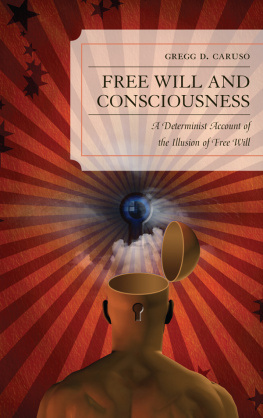
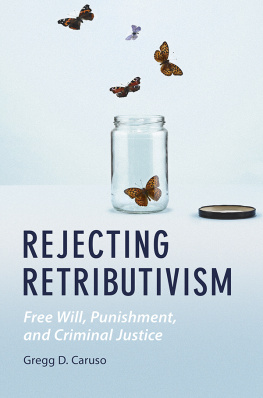

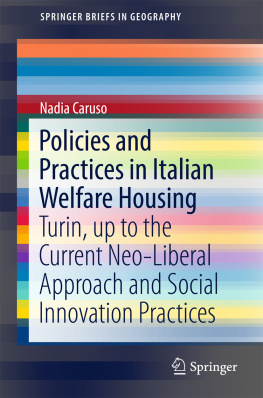
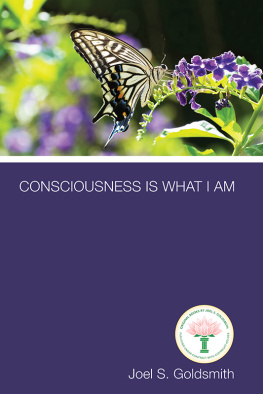
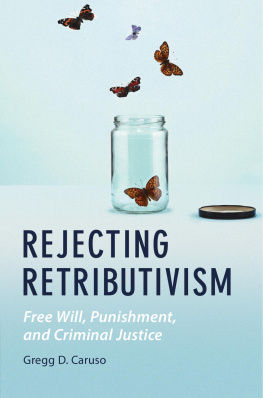
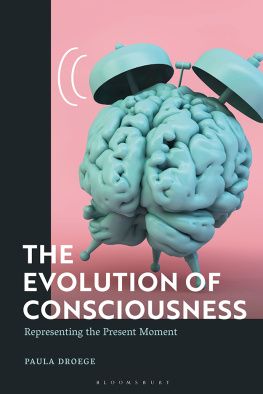

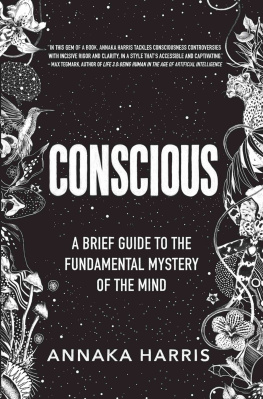
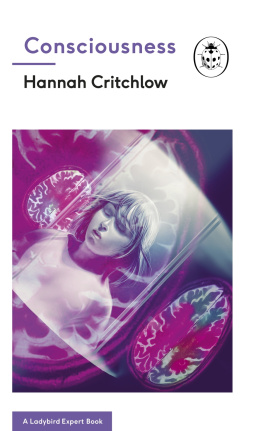
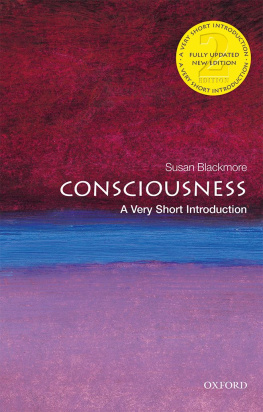
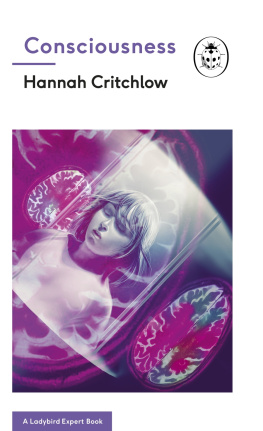
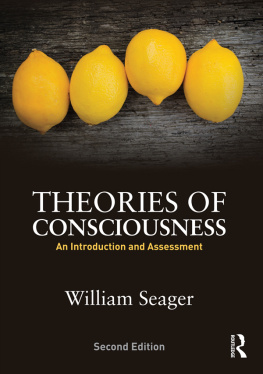
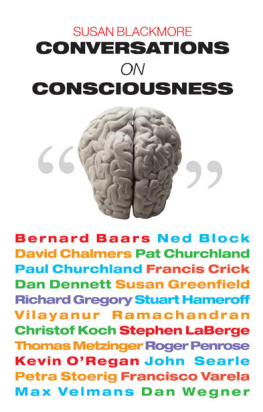

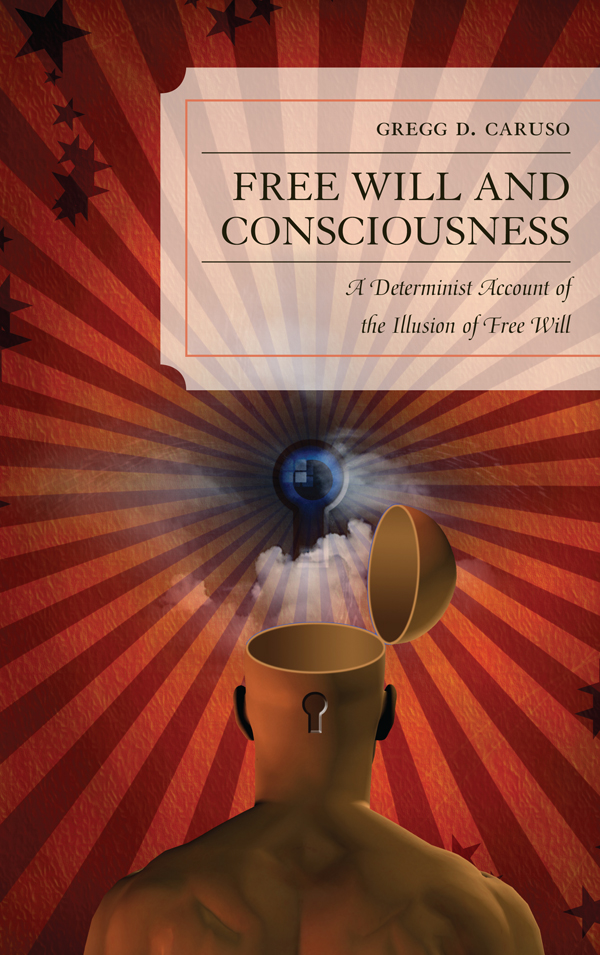
 The paper used in this publication meets the minimum requirements of American National Standard for Information Sciences Permanence of Paper for Printed Library Materials, ANSI/NISO Z39.48-1992.
The paper used in this publication meets the minimum requirements of American National Standard for Information Sciences Permanence of Paper for Printed Library Materials, ANSI/NISO Z39.48-1992.